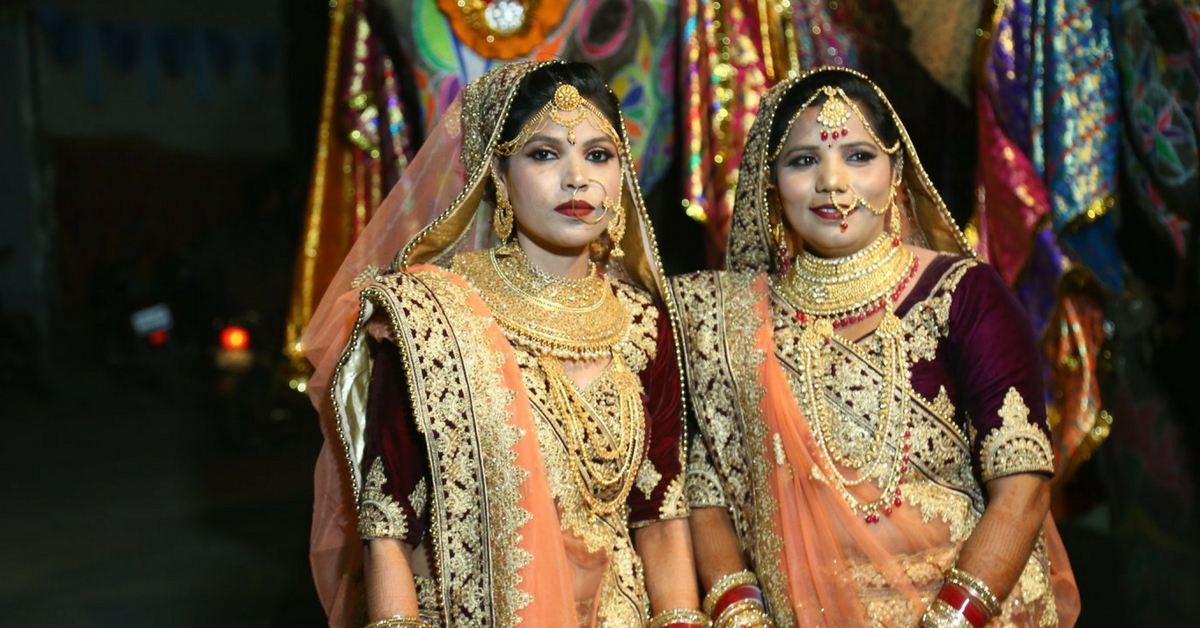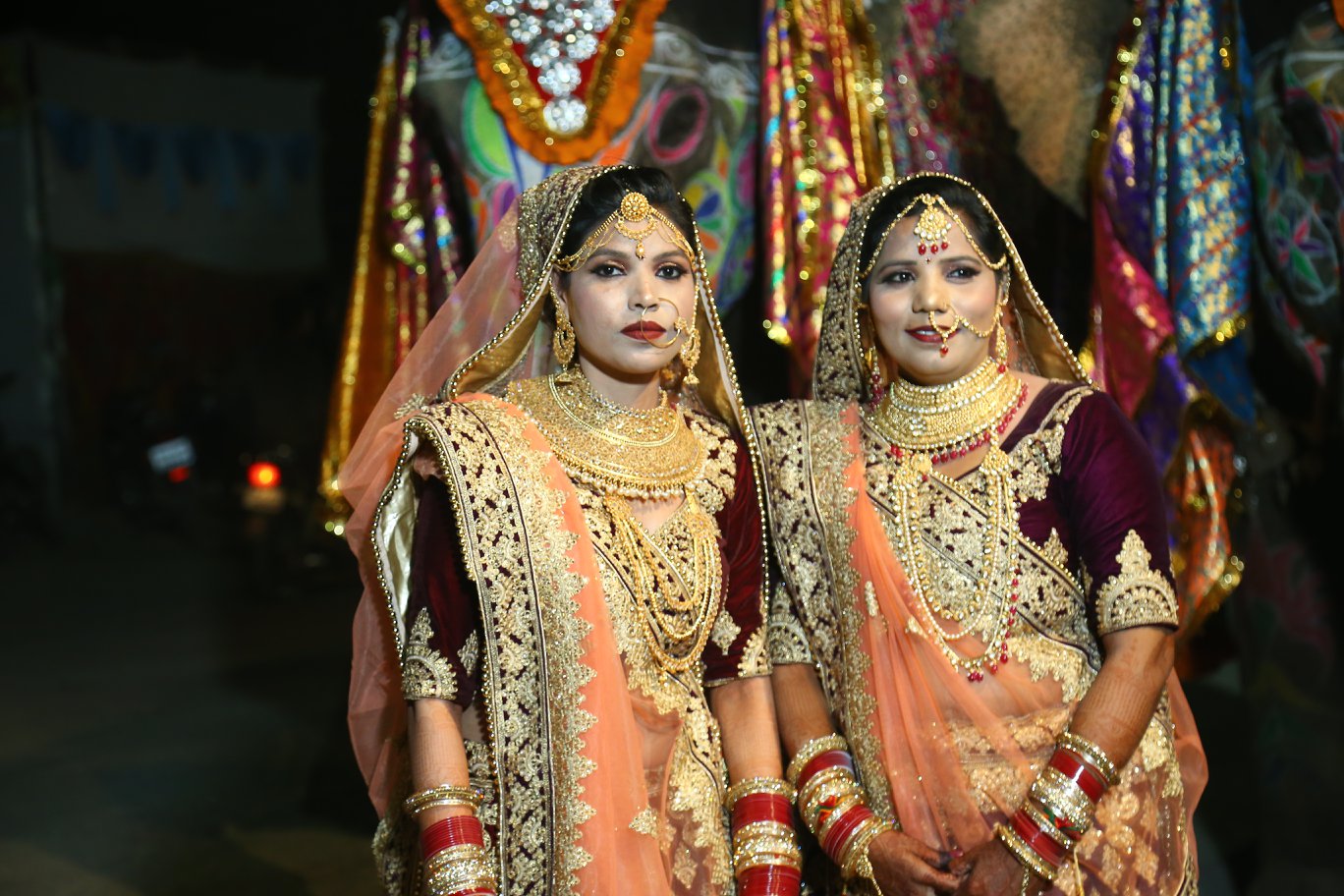These Sisters Carried Excreta on Their Heads. Then Their Lives Changed Forever!
Rajni and Sarita Thanwal found a new lease of life when Sulabh International, a non-profit organisation, intervened and rehabilitated the duo.

It is a matter of extreme shame that manual scavenging, a dehumanising practice which has been banned in every other country in the world, still exists in India. What is worse is that every year thousands end up losing their lives working amidst extremely hazardous conditions.
After having carried human excreta on their heads throughout their childhood for a living, two young women from Rajasthan have finally broken free from the vicious cycle that generations from their community had been entangled in and now live a dignified life in Rajasthan’s Tonk village.
Like many others in the state who were rescued from a life of cleaning sewers and carrying human faeces, Rajni and Sarita Thanwal found a new lease of life when Sulabh International, a non-profit organisation, intervened and rehabilitated the duo.
The young women were recently married off to two men hailing from good backgrounds and decently-paid jobs in a much-celebrated ceremony organised by Sulabh at the Bairwa dharmshala in Tonk.


Sulabh had provided financial help worth ₹2 lakh to 15 women who were previously manual scavengers.
“The event aims at social reform and empowerment of people who earlier carried the social stigma of being manual scavengers,” said Bindeshwar Pathak, the founder of Sulabh International, who was also a part of the ceremony, to IANS.
You may also like: Kerala Techies Make Low-Cost Bot That Can Help Eradicate Manual Scavenging
The sisters had joined the Sulabh International centre in Tonk in 2008, which provides vocational training in different skills to people who have been ostracised from the society for generations so that they have better and self-sustained livelihoods.
Through Sulabh’s intervention, Sarita is a matriculate and runs a beauty parlour while Rajni who has completed her graduation and a computer course, works at the Sulabh centre in Tonk.
Like this story? Or have something to share?
Write to us: [email protected]
Connect with us on Facebook and Twitter.
NEW: Click here to get positive news on WhatsApp!
If you found our stories insightful, informative, or even just enjoyable, we invite you to consider making a voluntary payment to support the work we do at The Better India. Your contribution helps us continue producing quality content that educates, inspires, and drives positive change.
Choose one of the payment options below for your contribution-
By paying for the stories you value, you directly contribute to sustaining our efforts focused on making a difference in the world. Together, let’s ensure that impactful stories continue to be told and shared, enriching lives and communities alike.
Thank you for your support. Here are some frequently asked questions you might find helpful to know why you are contributing?


This story made me
-
97
-
121
-
89
-
167











